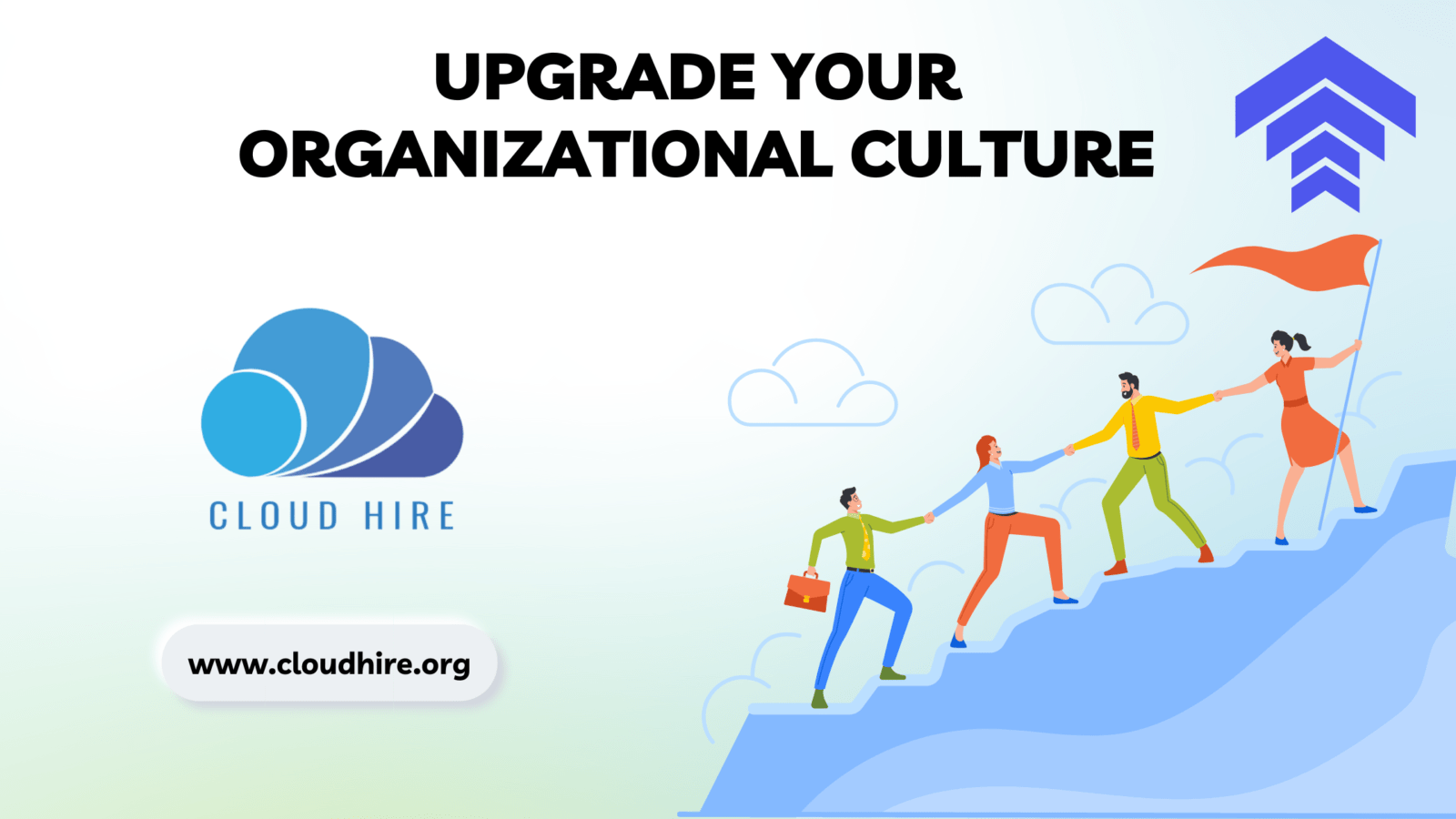Have you ever thought about how you can improve the culture at your workplace? If not, it’s time to stop and take action. We are going to share with you some of my thoughts on how to do that in this article so read on. This is also a popular topic of discussion in the workplace and most employees are left wanting more ways to understand how they can better their workplace culture.
Workplace Culture: What It Is And How To Impact It In Your Organization.
Here are some things you can do to make sure that your employees feel like they’re part of a supportive environment where they can do their best work.
Be clear about organizational values, and hold people accountable for them.
It’s important to define the problem before starting on a solution: You need to know what you’re trying to achieve, whether that’s achieving a certain amount of weight loss or getting your team off of Slack at 9:00 pm every night. Once you’ve set your goals, don’t worry about what other people’s goals are. Everyone has their journey and it doesn’t matter if someone else is working out more than you or eating “better”.
The key is focusing on yourself and not comparing yourself with others!
Work hard to integrate new staff members into the culture.
One of the best ways to improve the culture is to integrate new staff members into the culture. If you’re thinking about hiring new employees, think about how you can help them become a part of your team.
- Be welcoming and friendly. This is important for any new hire, but it’s especially important when integrating them into your workplace culture. Letting someone know they are welcome will make them feel more comfortable and make it easier for them to integrate themselves into the rest of your office community.
- Make sure they get to know everyone else in their department or team—and vice versa! Having this knowledge is crucial if they’re going to work well with others over time so that everyone feels like they’re part of one another’s lives outside work as well as inside work, which leads me right into my next point:
- Make sure they get familiar with everything else about working there too (examples: company history/culture; who does what; where things are located). You don’t want someone feeling like an outsider because he doesn’t know how things work around here; this will lead him down a path toward unhappiness at his job instead of happiness!
Encourage employees to confront each other respectfully when they have a problem, rather than gossiping or going to HR.
When employees have a problem with their fellow workers or the company, they should be encouraged to approach those people directly. When an employee wants to talk about a problem in the workplace, he or she should do so respectfully, clearly stating his or her concerns and offering solutions. If necessary, any confrontations can be done privately—and all parties involved should respect that privacy by not repeating what was said (even if it’s just for clarification).
Don’t gossip about your coworkers, even if you’re unhappy with their behavior.
As a manager, you should never gossip about your coworkers. If someone is doing something wrong, talk to them directly and offer feedback at the moment if you can.
If they’re not willing to listen or change their behavior, then it might be time for them to go. But even then, don’t talk about that person behind their back—no matter how bad things get.
Make sure your staff gets along outside of work, too.
While it’s important to make sure your staff gets along outside of work, too.
Find ways for staff to buttonhole top leaders in the organization, so they can ask questions and get honest answers from them.
To help your staff better understand the culture of your organization and its impact on them, find ways for them to buttonhole top leaders in the organization and ask questions. You might be surprised by what they learn.
Some examples of questions:
- What are our company goals, strategies, and priorities?
- How does our culture affect me? How does it affect my work?
- What do I value most about working here? Is there anything that we can change about our culture so that I can feel even more valued as an employee?
Encourage workers to take time off when they need it.
Ultimately, the best way to improve company culture is to take the time and resources necessary to educate employees about how stress works in the workplace. Once workers understand how stress can affect their work performance, they’ll be more likely to prioritize self-care over unnecessary overtime. This will help reduce turnover rates, boost morale among employees who are already in place, and strengthen team collaboration overall.
By encouraging people to take vacation time when they need it—and by understanding that it doesn’t necessarily mean an employee isn’t dedicated or hardworking—you’ll set yourself up for success in creating an environment where people feel comfortable taking care of themselves.
It’s important that your employees feel like they’re part of a culture where they can do their best work.
It’s important that your employees feel like they’re part of a culture where they can do their best work.
Studies have shown that employee engagement is positively correlated with productivity, retention, satisfaction, and loyalty.
This means that if you want to have high-performing teams who are committed to your company and its mission then you must establish a positive work culture at your organization.
But how do you go about creating this type of environment? Let’s take a look at some tips for improving workplace culture:
Conclusion:
Working in a workplace with a strong culture isn’t just about perks. Instead, it’s more about what your organization values, and how it behaves as a whole. And remember: creating a culture is both an art and a science—you may not always get it right the first time, but you can always learn from your mistakes!








